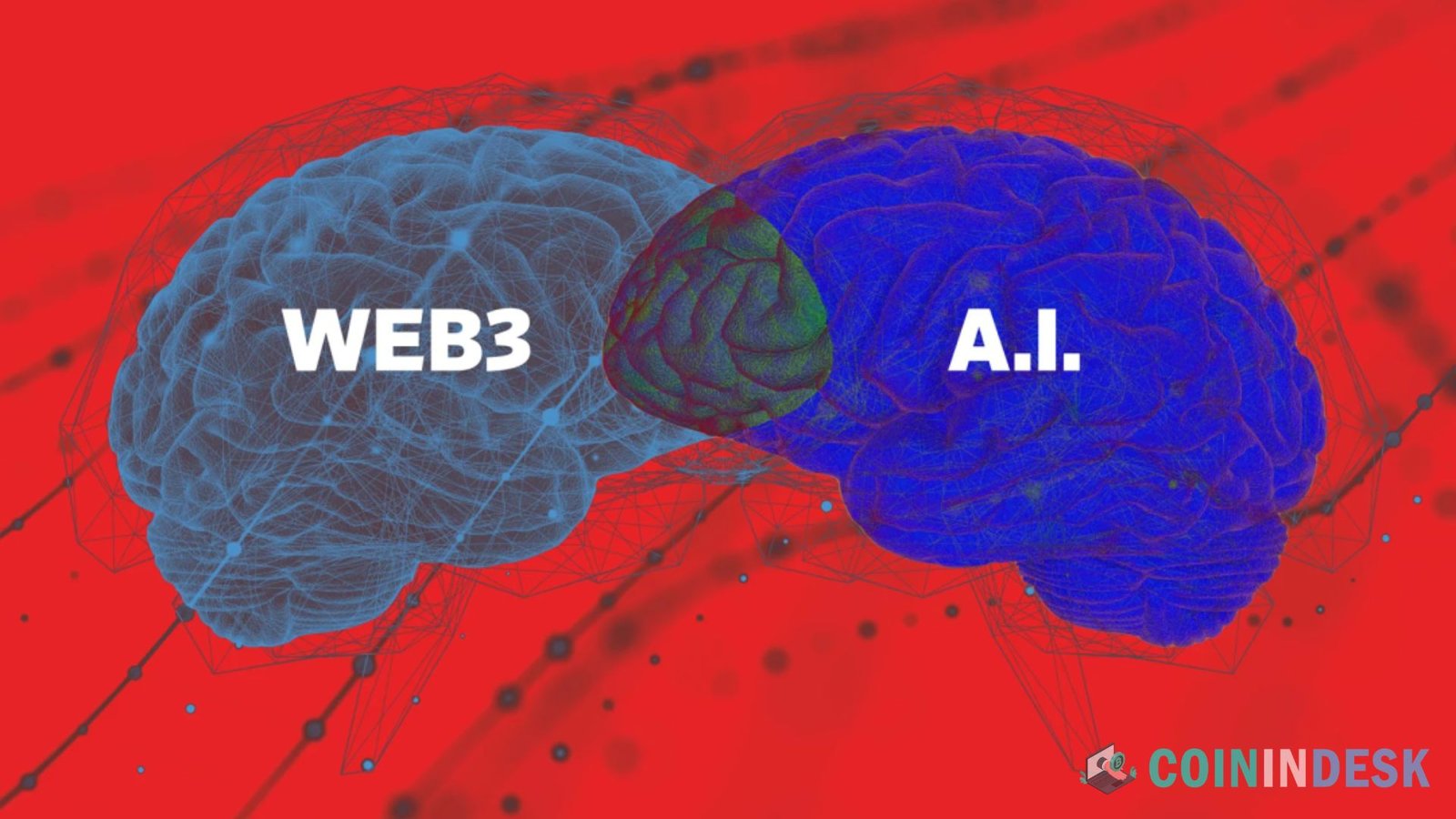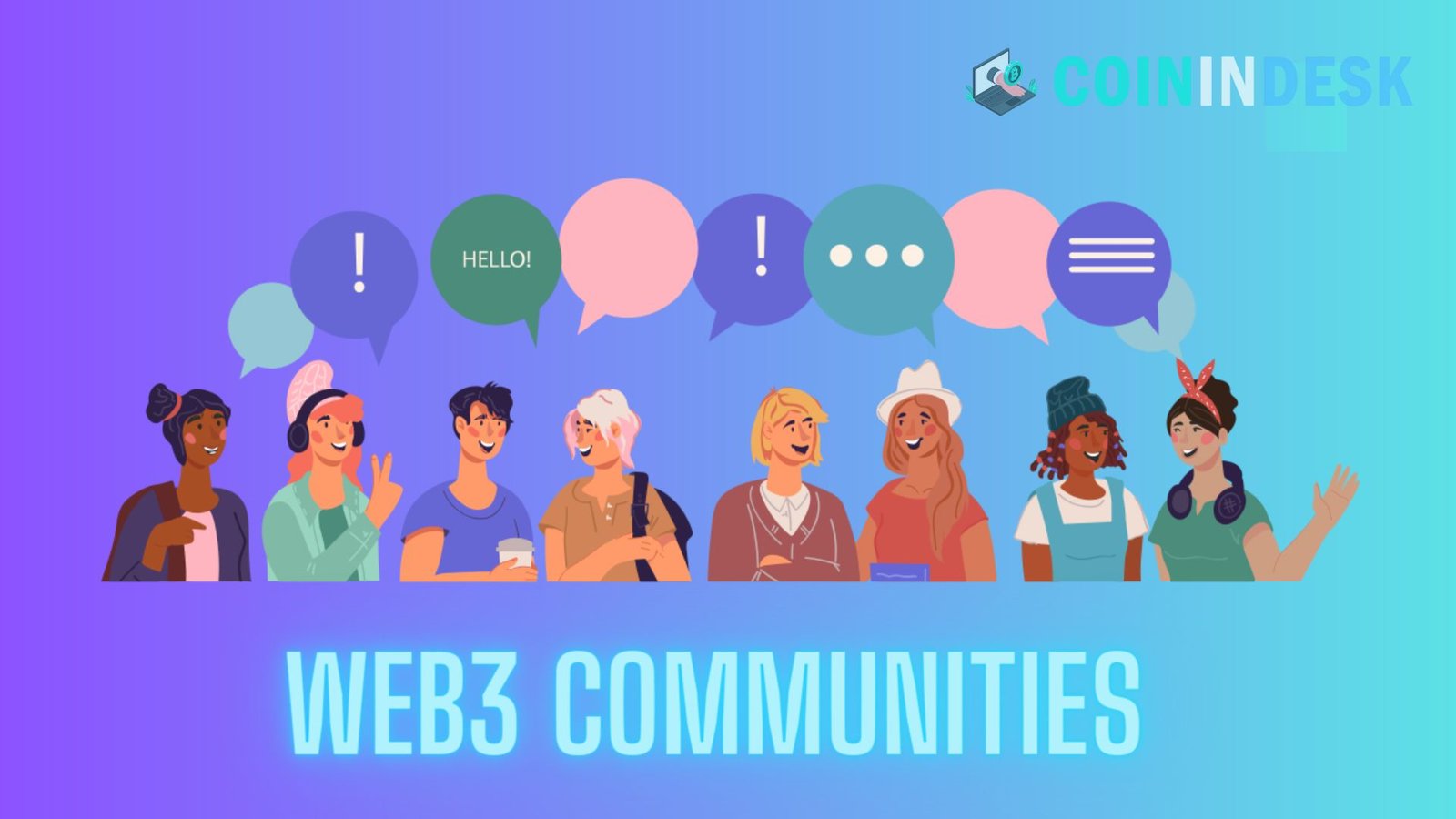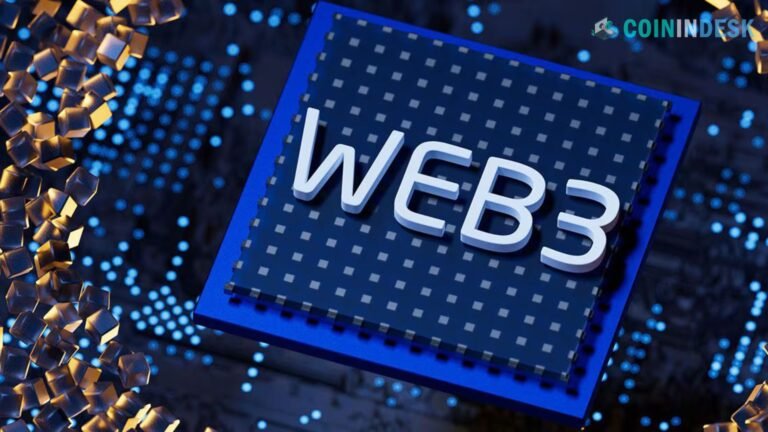With the advent of Web3, an innovative concept that has the potential to transform our online experiences, we are on the verge of a digital revolution. Integrating cutting-edge technology like decentralization, blockchain, and artificial intelligence, the next generation of the web will create a transparent and easy-to-use ecosystem. Here, we’ll look at what Web3 is, how it works, and the major changes it will bring to the web in the future.
Understanding Web3
We are witnessing a sea change in our relationship with the internet with the advent of Web3, often known as Web 3.0. Blockchain technology decentralizes power, giving users data ownership and facilitating transactions without intermediaries. Customers are given more control with Web3, which protects their privacy and allows them to engage actively in an open digital economy. This change signifies a significant departure from the hierarchical arrangements seen in Web 2.0.
The Evolution from Web1 to Web3
The transition from Web1 to Web3 is a prime example of the incredible development of Internet technology. Web 2.0 brought interactivity and user-generated content, which led to the growth of social media platforms like Reddit, while Web1 was static and included basic HTML sites. Web3, which uses blockchain technology and decentralization to build a user-centric ecosystem that promotes trust and security via encryption and smart contracts, is now surfacing as the internet’s future.
Key Features of Web3 Technology
Several important aspects of Web3 technology set it apart from earlier web versions. Among the most important features is decentralization, which promotes transparency, eliminates the possibility of data loss, and enables direct user interaction. Furthermore, NFTs and cryptocurrencies like Bitcoin and Ethereum open up new channels for the ownership and exchange of assets, while blockchain technology ensures the safety and dependability of transactions. Privacy policies and user agreements should be prioritized on user-friendly platforms to enhance user experience.
The Role of AI in Web3

Generative AI and Its Impact
The impact of generative AI on the Web3 ecosystem is substantial since it propels innovation and improves user experiences. Generative AI enables platforms to provide customized goods and services by automating content production and enabling personalized interactions. Enhancing decentralized apps’ capabilities and making Web3 more accessible and engaging for users are two ways this technology aids in its adoption.
AI Innovations Driving Web3 Adoption
Because they offer solutions that simplify operations and increase security, AI innovations are critical to the broad use of Web3 technology. Artificial intelligence (AI) improves the efficiency and openness of decentralized ecosystems with sophisticated algorithms that study user behavior and regulatory compliance solutions that traverse complicated terrain. The incorporation of AI into Web3 platforms will certainly influence the future of the Internet, leading to a user population that is more knowledgeable and powerful as technology progresses.
Case Studies: Successful AI Integrations
Several case studies demonstrate how AI has been effectively integrated into Web3 frameworks, highlighting how it can transform several sectors. Several startups and large corporations have used artificial intelligence to create decentralized apps that boost user engagement and transaction efficiency. These cases show how blockchain and AI can work together to create new solutions that shake up established businesses and pave the way for a decentralized web where users can shine.
Decentralization: The Core Principle of Web3
The Importance of Decentralization
One of the most important aspects of Web3, decentralization, is how it changes how people utilize digital platforms. User autonomy and privacy are both improved by decentralization, which removes authority from centralized authorities. Protecting users’ right to own their data promotes an open system where user transactions earn confidence. This change presents a new angle on the internet’s future by questioning established paradigms.
How Blockchain Enables Decentralization
Blockchain technology is essential for Web3 decentralization to work. Blockchain technology makes Direct user-to-user transactions possible through a distributed ledger to do away with intermediaries. This invention guarantees data integrity by transparently recording transactions and boosts cryptographic security. Users may be certain that their funds and information are protected from loss or manipulation when they engage in exchanges.
Decentralized Applications (dApps) Explained.
Instead of relying on centralized servers, decentralized apps (dApps) use blockchain networks to function. This is in line with the ideas of Web3. Since decentralized applications (dApps) are not controlled by a central authority, this design provides more stability and user agency. Automated transactions and interactions are made possible by dApps’ smart contracts. Which in turn lead to creative solutions that meet the demands of users in a decentralized and transparent way.
The Future of the Internet with Web3
Trends Shaping the Future of Web3
Several new developments shaping the future of Web3 show how revolutionary it may be. More and more commonplace apps are using blockchain technology as the popularity of cryptocurrencies rises. In addition, consumers and venture capitalists (VCs) are drawn to new economic models created by the emergence of decentralized finance (DeFi) and the use of NFTs. These models provide unique platforms and products to explore.
Impact of Web3 on Industries in 2024
Web3 is predicted to make a big splash from banking to the entertainment industry to the entertainment industry in 2024. New ways of managing assets and interacting with customers will emerge due to the widespread adoption of decentralized technology, which will put established methods to the test. Businesses such as IBM are already investigating the potential of blockchain technology to revolutionize several industries by increasing efficiency, transparency, and consumer satisfaction.
Web3’s Influence on Economic Models
By encouraging decentralization and facilitating new types of ownership, Web3 is set to transform economic paradigms. The emergence of decentralized digital currencies like Bitcoin and Ethereum has allowed users to conduct peer-to-peer transactions, cutting out intermediaries and the fees they charge. Allowing anybody to invest in and reap the benefits of a wide range of assets reshapes economic relationships and gives consumers more agency.
Web3 and Cryptocurrencies
The Relationship Between Web3 and Crypto
One must grasp the connection between Web3 and cryptic to comprehend the future internet currency. Web3 is built on blockchain technology, the foundation of digital currencies like Ethereum and Bitcoin, and its purpose is to empower individuals by decentralizing control. The adoption of the other drives both platforms because of the ecosystem they create. Which allows for the smooth interchange of digital assets, increases user autonomy and promotes a transparent financial environment.
Investment Opportunities in Web3 Projects
Many blockchain-based investment options are popping up as the Web3 future takes shape. Startups that use decentralized infrastructures to create new goods and services are attracting more and more venture capitalists (VCs). Despite the ever-changing regulatory environment and market dynamics in 2024, investors may take advantage of the rising popularity of cryptocurrencies and NFTs by exploring a variety of platforms, such as DeFi and tokenized assets.
Risks and Challenges in the Crypto Space
Despite their enormous potential, it is critical to recognize the hazards and difficulties associated with Web3 and cryptocurrencies. Significant asset loss is possible due to the crypto markets’ volatility, and the regulatory environment is further complicated by uncertainty. Decentralized apps (dApps) and smart contracts raise security risks, thus it’s important to know the technology inside and out. To properly manage these risks, consumers must be watchful and educate themselves on privacy policies and user agreements.
Insights from the Web3 Community

Perspectives from Entrepreneurs and Developers
The visionary businesspeople and coders of the Web3 group have priceless knowledge about where the technology is headed. Their stories show how crucial it is to encourage innovation while dealing with decentralization and user engagement issues. By pooling their expertise, these individuals foster an atmosphere conducive to innovation. Shaping an ecosystem friendlier to all users and emphasizing consumer agency and open communication.
Reddit’s Role in Web3 Discussions
As a meeting place for people to share and discuss ideas and opinions. Reddit has become a major forum for Web3 debates. Participation in this online community encourages developers, investors, and fans of blockchain technology. Cryptocurrencies to interact with one another and share what they’ve learned. Newcomers to the Web3 environment and its prospective influence on the internet’s future might benefit from the different viewpoints on Reddit, which helps clarify complicated ideas.
Newsletters and Resources for Web3 Enthusiasts
Those interested in keeping up with Web3 developments can find several newsletters and tools online. These sites compile material about blockchain technology, AI advancements, and industry trends to aid fans in keeping up with the ever-changing scene. Users may stay updated about developing initiatives, investment possibilities. And the latest developments in the decentralized ecosystem by subscribing to credible sources. This will let them engage with Web3 and pursue knowledge.


